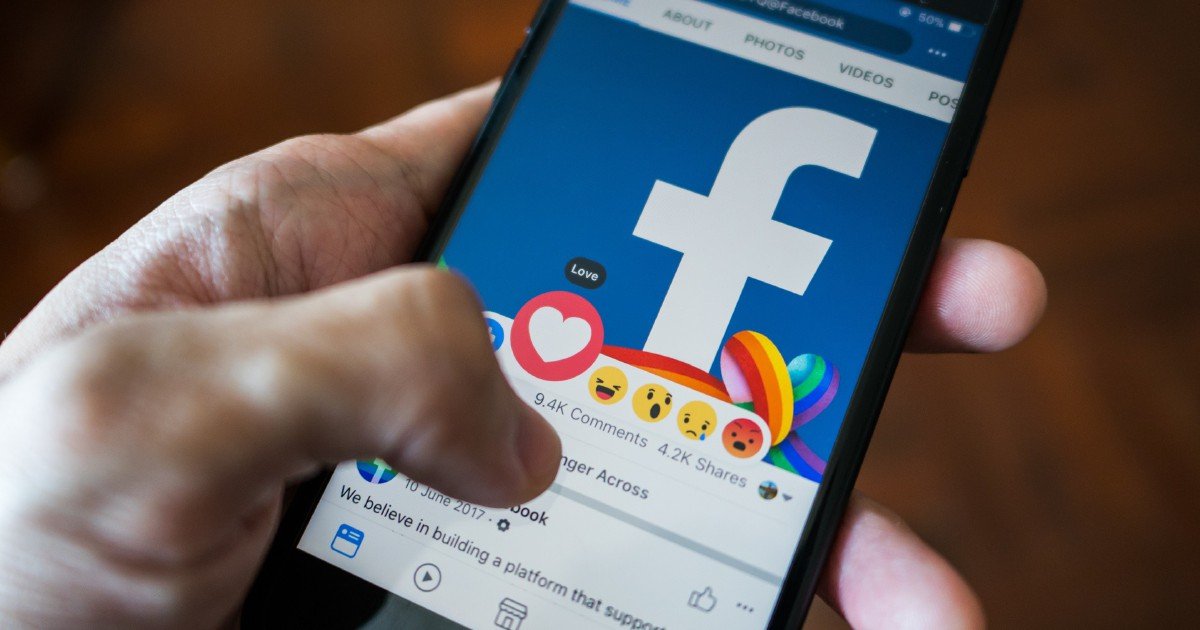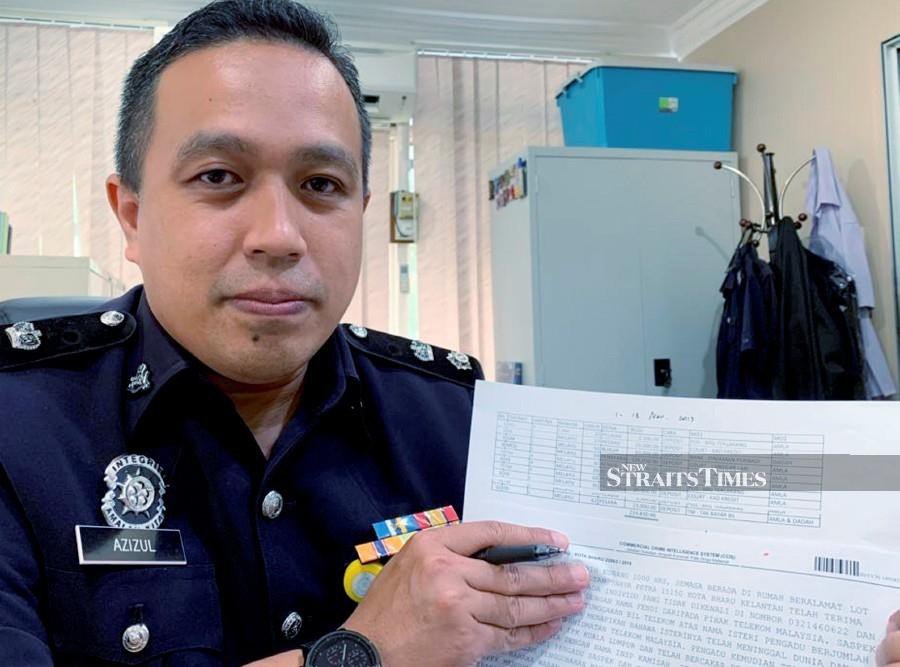Kelantan Woman Scammed Out Of RM11K For 'European BF' Who Tested Positive For COVID-19
After the man, whom she befriended on Facebook, claimed to have arrived in Malaysia, the woman was told that she had to bear his quarantine charges as well as hospital bills.
A woman in Kelantan fell victim to a love scam where she paid RM11,700 to bear the 'quarantine and hospitalisation charges' of a man she befriended online
According to New Straits Times, the victim was an unemployed woman in her 30s and she had befriended a man on Facebook.
Kelantan Commercial Crime Investigation Department (CCID) chief Supt Ahmad Azizul Mohamed said that the con started in May.
"According to the victim, a month after their friendship began, the man – who claimed to be from Europe – told her that he wanted to visit her in Malaysia," he explained.
He added, "On Thursday, 22 July, the man had messaged the woman that he had arrived in Malaysia but was detained at the Kuala Lumpur International Airport for quarantine."
The day after the man claimed to have arrived in Malaysia, a woman pretending to be a government officer contacted the victim
The victim was told that she needed to bear the quarantine costs of her friend.
"She made the first deposit of RM5,200 to a local bank account," Ahmad Azizul said to Harian Metro.
"Three days later, the victim made a payment of RM2,000 to the same bank account as a deposit for hospital treatment after being informed that her friend tested positive for COVID-19," he added.
The next day, the victim was asked to pay another RM4,500 to bear hospital treatment costs.
Kelantan Commercial Crime Investigation Department (CCID) chief Supt Ahmad Azizul Mohamed.
Image via Sharifah Mahsinah Abdullah/New Straits TimesRealising that she had been duped after withdrawing money from her Employees' Provident Fund (EPF), the victim lodged a police report on 28 July
The case is being investigated under Section 420 of the Penal Code and if convicted, an individual can face up to 10 years' prison as well as a fine.
Ahmad Azizul urged members of the public to be wary of requests or orders by unknown individuals and immediately seek advice from the authorities if they receive suspicious calls asking for money or financial details.

